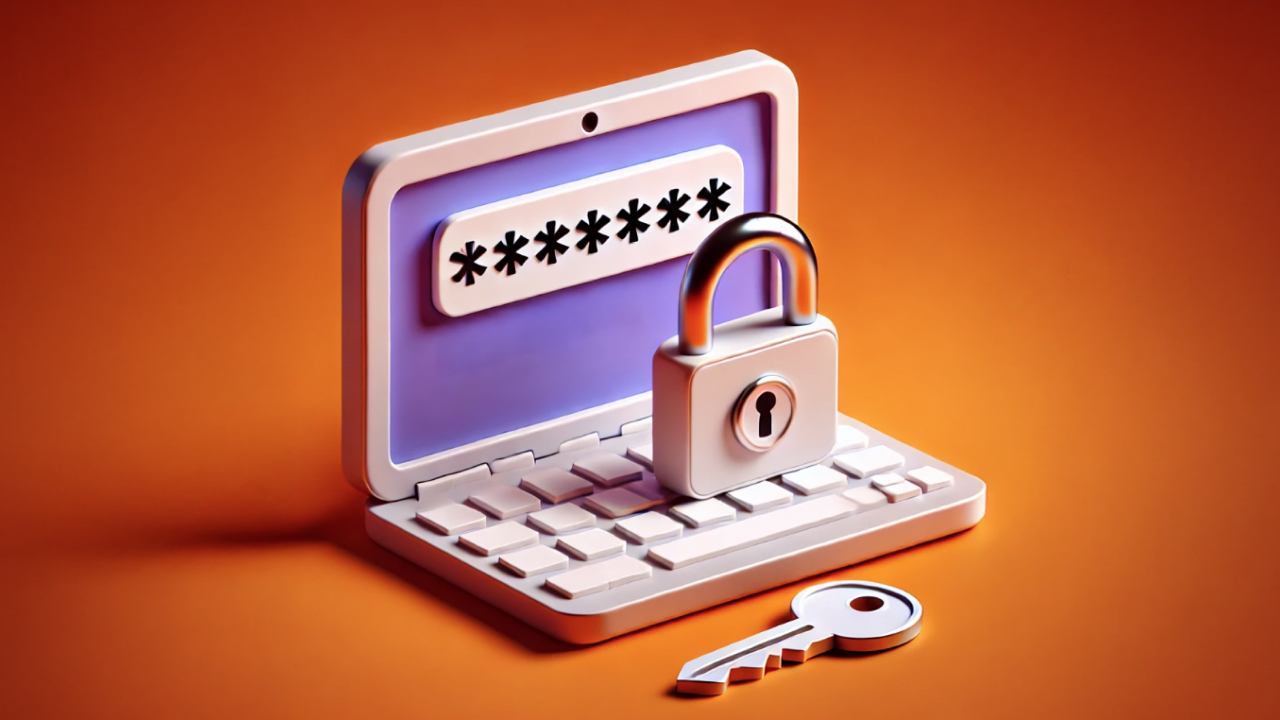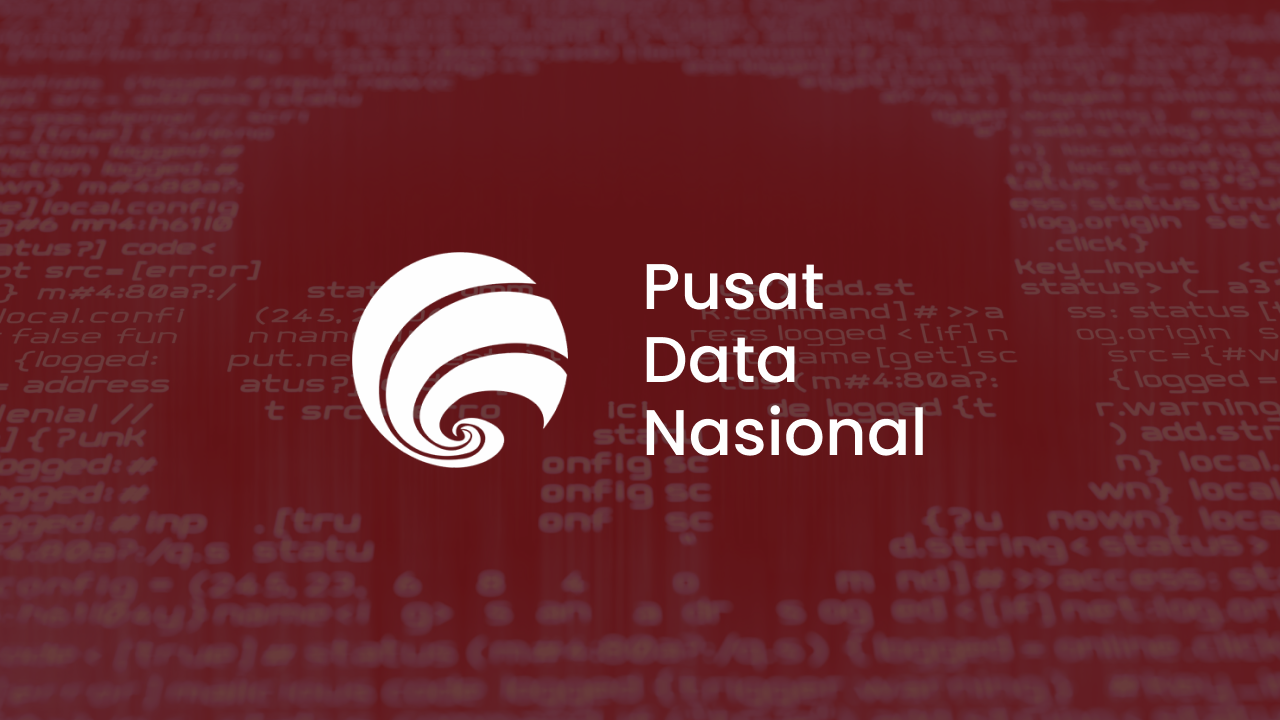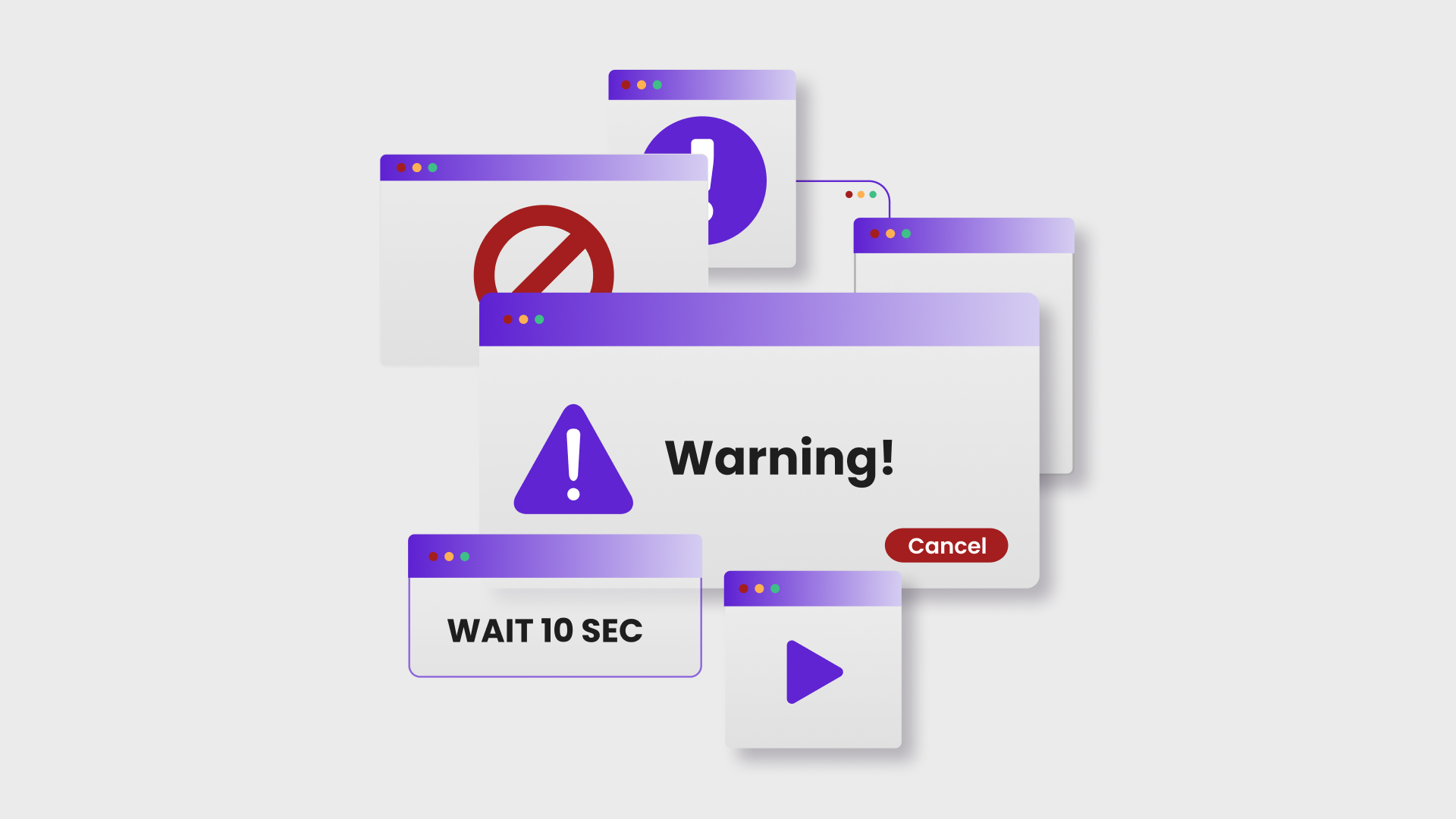By Patricia A. Pramono • Studio 1080, Published on November 20, 2024
TABLE OF CONTENTS
Passwords are more than a way to log into your favorite apps—they’re the first line of defense protecting your private life. Whether it’s your email, bank account, or social media, passwords guard some of your most sensitive information. Yet, despite the importance, many people unknowingly put themselves at risk by relying on weak or outdated passwords.
The harsh reality is that cyber threats are evolving every day, and what might have seemed secure a year ago could now be a ticking time bomb. A single compromised password can open the doorways to identity theft, financial loss, or even permanent loss of access to your accounts.
You think your passwords are safe? It’s time to take a closer look and ensure you’re not making common mistakes that could jeopardize your digital security. Let’s dive into what makes a strong password and how you can protect yourself in an increasingly vulnerable digital world.
The Risks of Weak Passwords
A weak password is like leaving the door to your house wide open. Sure, everything might seem fine for a while, but all it takes is one opportunistic intruder to wreak havoc. Hackers today are smarter, faster, and more equipped. With tools that can run through millions of possible password combinations in seconds, they really don’t need luck.
The consequences of using a weak password can extend far beyond losing access to an account. Here’s what’s at stake:
-
Identity Theft: Imagine a stranger pretending to be you, accessing your personal information, and using it to their advantage. They could damage your reputation, send fake emails, or even commit fraud in your name.
-
Data Breaches: Sensitive information like your email conversations, financial records, or even private photos can be exposed. Once hackers gain access, they can sell your data or use it to exploit other vulnerabilities in your digital life.
-
Financial Loss: Weak passwords on banking or shopping accounts can lead to unauthorized transactions or drained accounts.
Just recently, in October 2024, the Internet Archive, renowned for its extensive digital library and the Wayback Machine, faced a significant security breach. Attackers claimed to have accessed approximately 31 million user email addresses and passwords. This breach was accompanied by a series of Distributed Denial of Service (DDoS) attacks, rendering the site largely inaccessible. This incident highlights the critical importance of password practices. Even platforms dedicated to preserving digital history are not immune to cyber threats.
In Indonesia, there’s also been several notable data breaches in the past couple of years, highlighting the vulnerabilities organizations face due to weak password security:
-
One of Indonesia's leading e-commerce platforms, experienced a data breach affecting over 15 million users. Usernames, emails, and passwords were compromised, emphasizing the need for users to update their passwords and for companies to strengthen their security measures.
-
A financial services company in our country has also suffered a breach where data from 2.9 million users, including full names, emails, addresses, phone numbers, and passwords, were stolen and sold online.
-
One of Indonesia’s major banks, faced a data breach exposing the personal information of approximately two million customers. The compromised data included names, addresses, and encrypted passwords, emphasizes the necessity for stronger encryption methods and cybersecurity.
Also read: The Ripple Effect of Data Breaches: How One Leak Can Impact Many
Common Password Mistakes to Avoid
Now that you’ve seen how something as simple as a weak or outdated password can lead to serious consequences—from identity theft to financial loss—it’s time to rethink how we treat password security.
Let’s start by taking a closer look at how we create and manage our passwords. Are your passwords strong enough? Are they unique and regularly updated?
To help you get started, here are some of the most common mistakes people make when setting up passwords—and why you should avoid them:
-
Using Personal Information
Names, birthdays, or common phrases like “123456” are easy to guess. Hackers often start with these. -
Reusing Passwords Across Accounts
If one account is compromised, all accounts with the same password are at risk. -
Short Passwords
Anything under 12 characters is significantly easier to crack. -
Ignoring Regular Updates
Sticking to the same password for years increases the chances of it being exposed in a data breach. Check out the list below to see how often you should ideally change your passwords to keep them secure!
Tips to Build Bulletproof Passwords
Here’s how to strengthen your digital defenses:
-
Make It Long and Complex
Aim for at least 12 characters with a mix of uppercase letters, lowercase letters, numbers, and special symbols. For example, “M@rk3tPl@ce2024!” is significantly stronger than “marketplace2024” -
Use Unique Passwords for Every Account
Each account deserves its own password. Tools like password managers can help you generate and store these securely. -
Avoid Personal Information
Don’t use names, dates, or anything easily tied to you. Get creative with your phrases! For example, if you want to include a combination of numbers in your password, don’t use your birthday dates, but get creative with other numbers that other people might not publicly know from you. -
Enable Two-Factor Authentication (2FA)
This adds an extra layer of security, requiring a second form of verification to access your account. Multi-Factor Authentication (MFA) is even better. -
Update Passwords Regularly
Set a reminder to change passwords every 6–12 months. It’s a simple habit that can save you from big problems later.
Also read: Protect Your Accounts with 2FA – It's Easier Than You Think!
Why This Matters
Think about it! Your passwords are the keys to your online identity. They protect your finances, personal messages, photos, and more. A single weak or reused password can create a domino effect, giving hackers access to multiple accounts and leaving you scrambling to recover.
The risks of weak passwords are real and happening every day. But here’s the good news: you have the power to take control of your digital security. And the best part? The steps to do so are quite simple, right?
So, do start to strengthen your passwords with the tips we’ve shared. Cybersecurity starts with small, intentional actions—and it starts with you. Take a moment today to review your current passwords. Are they strong enough? Are they unique to each account? Have they been updated recently? If not, now’s the time to make those changes.
Remember, protecting your digital identity isn’t a one-time task—it’s an ongoing commitment to staying secure. You’ve got this!
For more cybersecurity insights and tips to protect yourself online, follow our social media:






